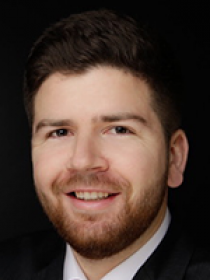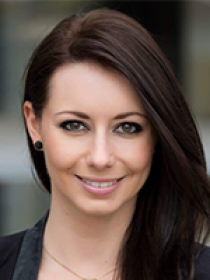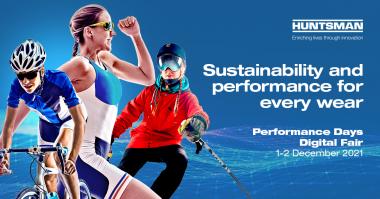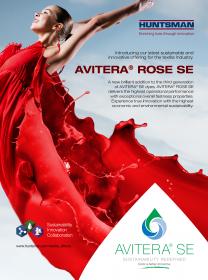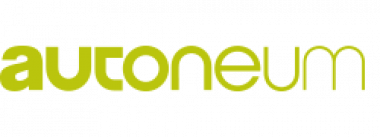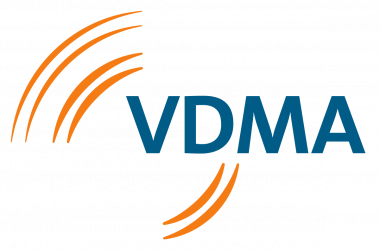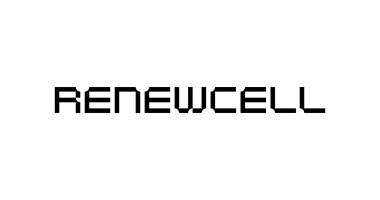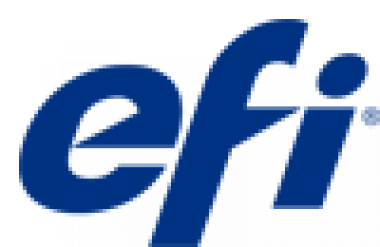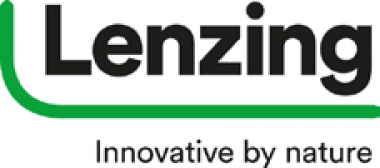AFRY & Infinited Fiber: Bio-based textile fibers from waste
Finland-based circular fashion and textile technology group Infinited Fiber Company has selected AFRY as the main engineering partner for its new flagship factory for producing regenerated textile fibers for leading fashion and apparel brands.
More than 92 million tonnes of textile waste are produced globally every year, with much of it ending up in landfills or incinerators. At the same time, textile fiber demand is increasing rapidly. Infinited Fiber Company’s technology turns cellulose-based raw materials, like cotton-rich textile waste, into a premium regenerated textile fiber that goes by the name Infinna™. The technology, which can be licensed for both new factories and to retrofit existing pulp or viscose production units, offers a solution for eliminating waste and reducing the textile industry’s burden on limited virgin resources.
Infinited Fiber Company currently operates pilot plants in Finland and has announced plans to build a flagship factory there to meet the strong demand from international clothing brands. The flagship factory will be the first of its kind in the world and will use post-consumer textile waste as feedstock. Production is scheduled to begin in 2024. In Finland, the national-level collection of textile waste will begin in 2023, and in the EU, the collection of textile waste will become mandatory in 2025, which will facilitate raw material supply.
The annual production capacity of the plant is planned at 30,000 tonnes of Infinna fiber, which corresponds to the amount of fiber needed for about 100 million t-shirts. Infinited Fiber Company has already sold a significant portion of future production through multi-year sales deals with global fashion brands, who see its regenerated Infinna fiber as an important part of their own circular economy strategies.
AFRY’s assignment includes the basic engineering of the new factory to support the final investment decision. In this basic engineering phase, AFRY will design the combination of several technology and equipment deliveries into one viable plant. AFRY will also provide its AFRY Smart Site services for the digitalization of the factory, utilizing Industry 4.0 technologies to optimize and digitally connect all the factory's processes and operations.
AFRY









